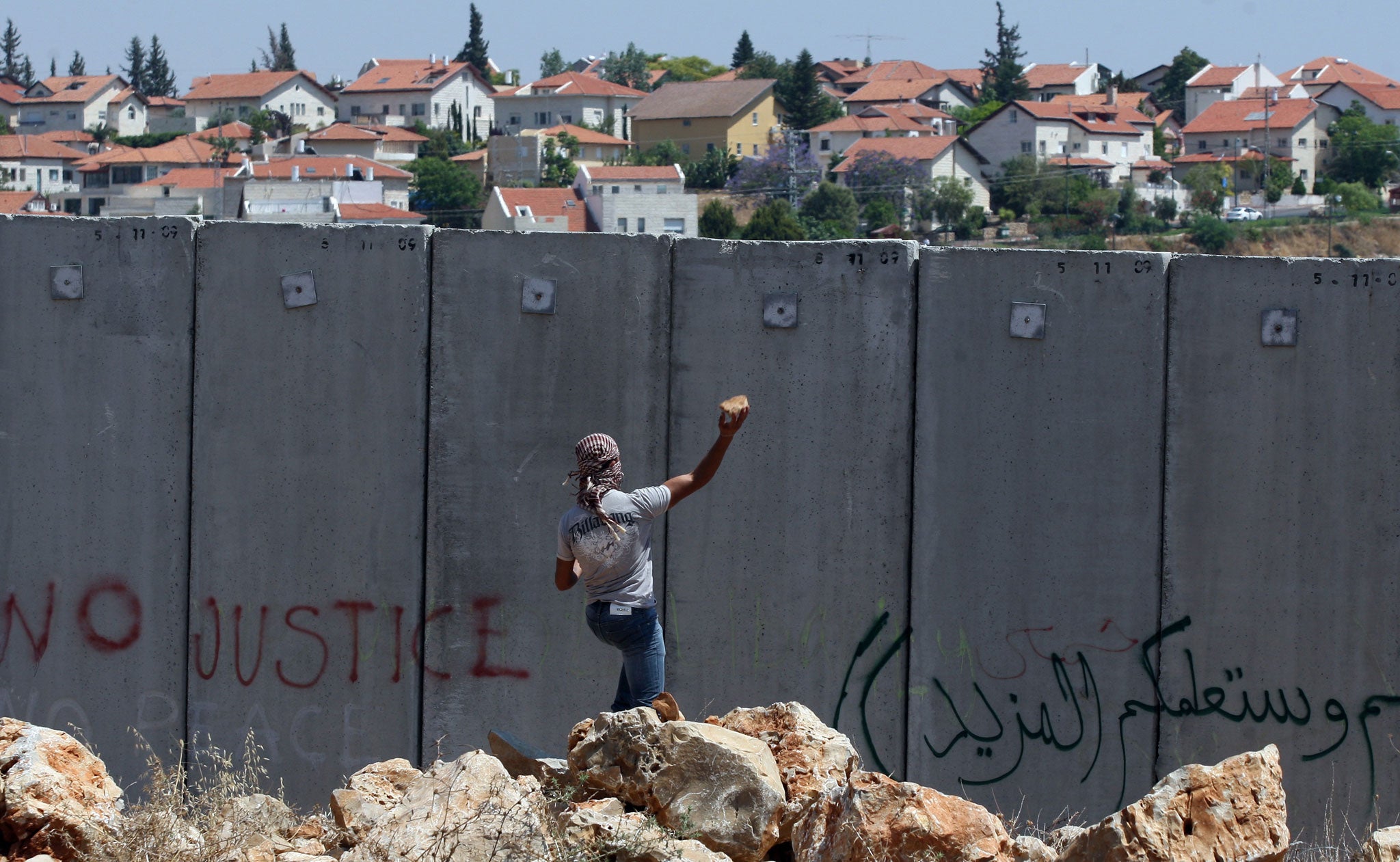Your support helps us to tell the story
From reproductive rights to climate change to Big Tech, The Independent is on the ground when the story is developing. Whether it's investigating the financials of Elon Musk's pro-Trump PAC or producing our latest documentary, 'The A Word', which shines a light on the American women fighting for reproductive rights, we know how important it is to parse out the facts from the messaging.
At such a critical moment in US history, we need reporters on the ground. Your donation allows us to keep sending journalists to speak to both sides of the story.
The Independent is trusted by Americans across the entire political spectrum. And unlike many other quality news outlets, we choose not to lock Americans out of our reporting and analysis with paywalls. We believe quality journalism should be available to everyone, paid for by those who can afford it.
Your support makes all the difference.The timing couldn’t have been better – or worse, depending on how you look at it.
As if to mark Israeli Apartheid Week, which has been taking place at UK universities, Israel’s ministry of transport announced yesterday that Palestinians travelling to work in Israel would be required to board separate buses to those used by Jewish settlers. Search #apartheid on Twitter, and see how the announcement has turned into another PR gift from the Israeli government to pro-Palestinian campaigners.
Is Israel an apartheid state? Historical analogies should always be used with care, so the question bears some scrutiny. It’s worth noting that the apartheid charge isn’t a recent invention of pro-Palestinian activists. In fact it was first used in an Israeli cabinet meeting when the occupation of the West Bank was just a few weeks old. As the Israeli historian Tom Segev records, during a July 1967 discussion on the fate of the territories one minister said: 'We can't maintain this occupation and start settling Israelis on the land – people will accuse us of apartheid'.
That, of course, is precisely what happened. When Israelis began setting up communities on the newly conquered land, two separate legal and bureaucratic regimes sprang up. Jewish settlers enjoyed all the benefits of Israeli citizenship, while Palestinians came to be subject to separate laws, put on trial in separate courts, and governed by a separate bureaucracy overseen by a department of the Israeli military.
This dual standard grew more acute as the situation wore on and it became clear that the occupation wasn’t going to be temporary. When Palestinian rage erupted into the protests of the First Intifada, Israel ramped up measures to segregate settlers from their Palestinian neighbours. In time, the occupation turned into a multifaceted system designed to control nearly every aspect of Palestinians’ lives. Segregated bus lines are just the tip of an iceberg that includes segregated roads, unequal checkpoint regimes, and separate justice systems.
In an attempt to sugarcoat these policies, Israel’s apologists argue they aren’t comparable to South African apartheid because they’re rooted in security concerns rather than racial supremacism. This misses the point. Some Israelis are outright racists and some aren’t – the same could of course be said of Palestinians. But, as all colonial regimes learn, any attempt to maintain separate legal regimes for two peoples in one territory requires increasingly discriminatory ‘security’ measures to keep ‘order’.
But before we conclude that the charge of Israeli apartheid is an open and shut case, a crucial qualification is in order. Palestinians inside Israel’s legal, pre-1967 borders live under a very different regime from their brethren in the West Bank. Though they face all kinds of discrimination, they can vote, hold political office and move freely – none of which could be said of South African blacks under apartheid. In mixed cities like Haifa, Arabs and Jews rub shoulders in cafes, on public transport and in workplaces – again, a far cry from pre-1990 South Africa.
This doesn’t justify the very real discrimination faced by Palestinian Israelis. But it shows we should tread carefully when applying incendiary labels to complex political and social realities.
Those who try to make the ‘apartheid’ epithet stick to both pre-1967 Israel and the much harsher regime in the West Bank have a none-too-subtle political agenda. By eliding these different ground-level realities, they attempt to portray Israel’s very existence as illegitimate – insisting justice can only prevail as a result of an equal rights struggle similar to the one waged by Mandela and the ANC. Their desired outcome isn’t just an end to the occupation, but the creation of a single Israeli-Palestinian state in which Jews and Palestinians live harmoniously on the basis of one person, one vote.
This may be a pleasant exercise in wish fulfillment, but such a state would have about as much chance of surviving in this part of the world as a snowman in June. By trying to stretch ‘apartheid’ well beyond its original meaning, in the service of a goal supported by almost nobody outside a leftist fringe, we do a disservice to the specific struggles of Israeli and West Bank Palestinians.
"The question," as Alice says to Humpty Dumpty in Through the Looking Glass, "is whether you can make words mean so many different things." Unless we are careful with language, we play into the hands of Israel’s apologists, who can shrug off such charges as the ill-informed propaganda of people bent on its destruction. And in doing so, we let the perpetrators of a real apartheid regime in the West Bank off the hook.
This article was originally published by The Independent in March 2013

Join our commenting forum
Join thought-provoking conversations, follow other Independent readers and see their replies
Comments